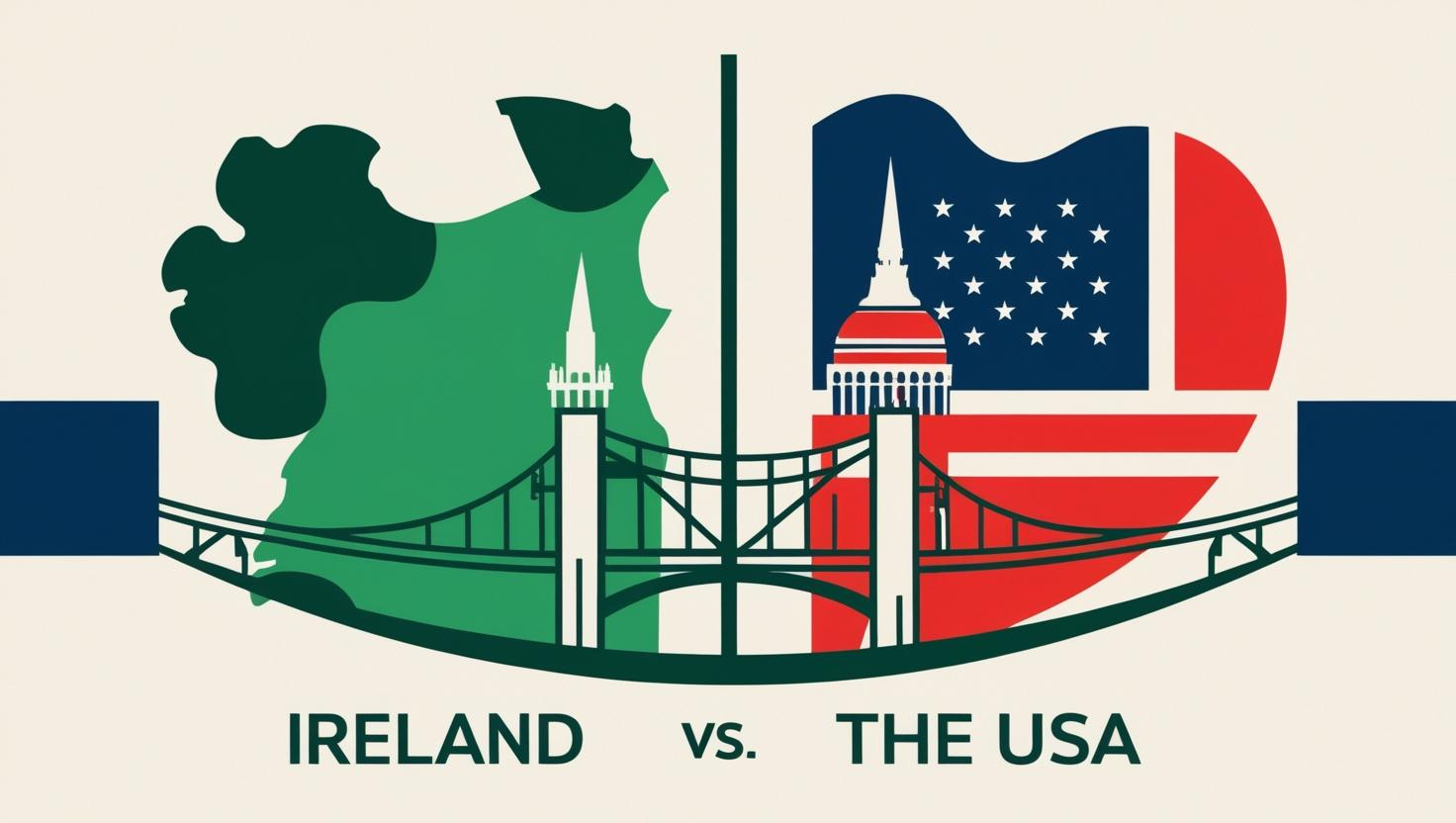The recent imposition of US tariffs on select European goods has sparked concern among small and medium-sized enterprises (SMEs) in Ireland, particularly those involved in export-driven industries. While large multinational corporations may be better positioned to absorb cost increases or shift production, SMEs typically operate on tighter margins, making them more vulnerable to changes in trade policy.
Irish SMEs that export goods directly to the United States, especially in sectors like food, beverages, and manufacturing, may face immediate challenges. Increased tariffs can lead to higher prices for American consumers, potentially reducing demand for Irish products. This is especially true for niche or premium goods such as artisan cheeses, whiskey, and specialized machinery — areas where many Irish SMEs have carved out a market.
Indirect effects are also a concern. Some SMEs supply components or services to larger firms that export to the US. Tariffs can disrupt supply chains and result in lower order volumes, even if the SMEs aren’t exporting directly. Additionally, uncertainty around trade policies can dampen investment confidence, making SMEs hesitant to expand or hire.
To mitigate these risks, Irish SMEs may need to diversify export markets, strengthen domestic sales channels, or explore trade opportunities within the EU or Asia. Government support, such as advisory services or financial aid through agencies like Enterprise Ireland, will be crucial in helping SMEs adapt to this evolving landscape.
It was reported in the Irish Times, The Economic and Social Research Institute (ESRI) has projected that US tariffs could lead to a 3.7% reduction in Ireland’s GDP over the next five to seven years, equating to approximately €18.4 billion in lost trade . Such a downturn would likely have a cascading effect on employment, as decreased economic activity often results in job losses.
Ultimately, resilience and agility will determine how well Ireland’s SMEs navigate the challenges posed by US tariffs.






